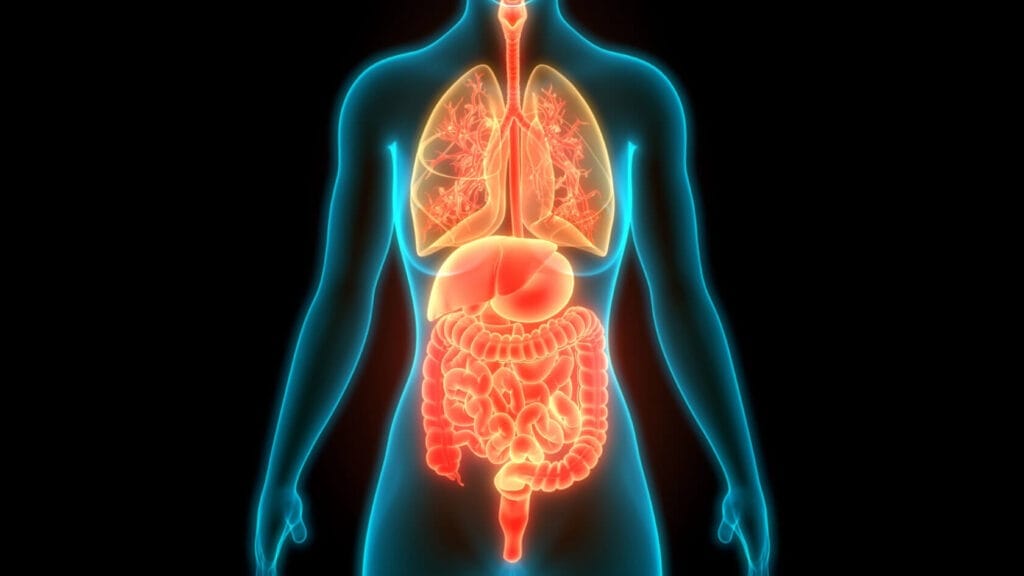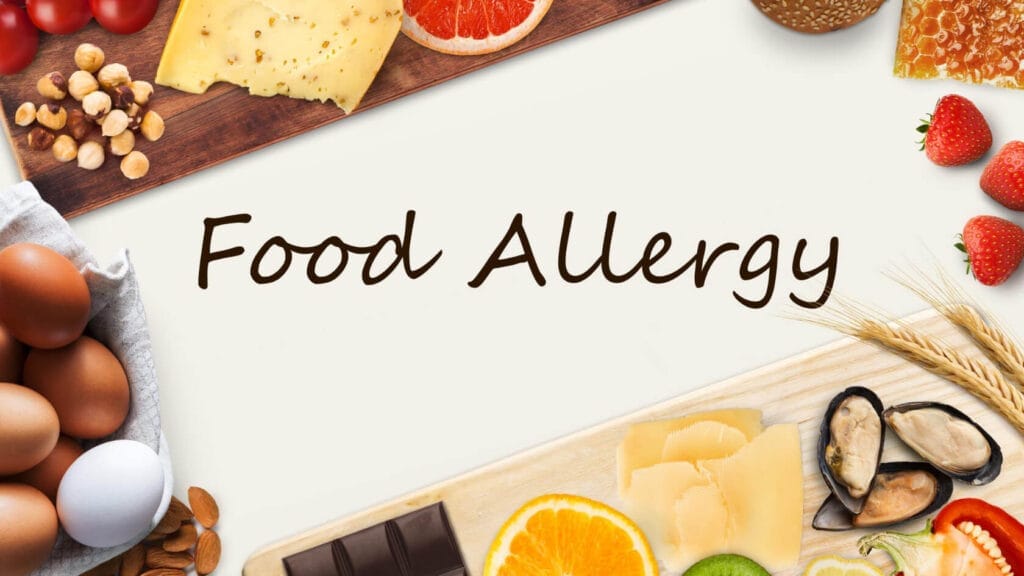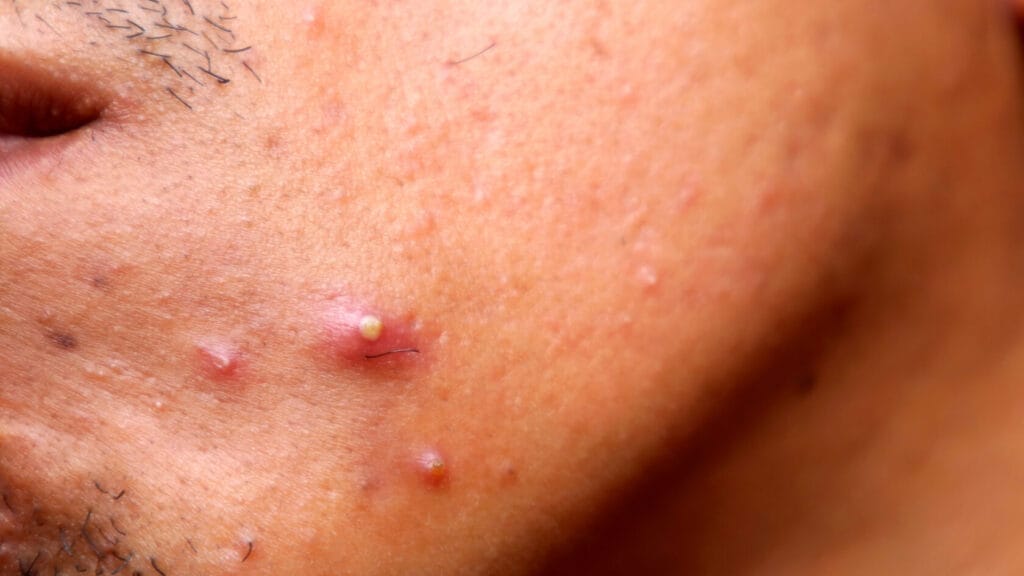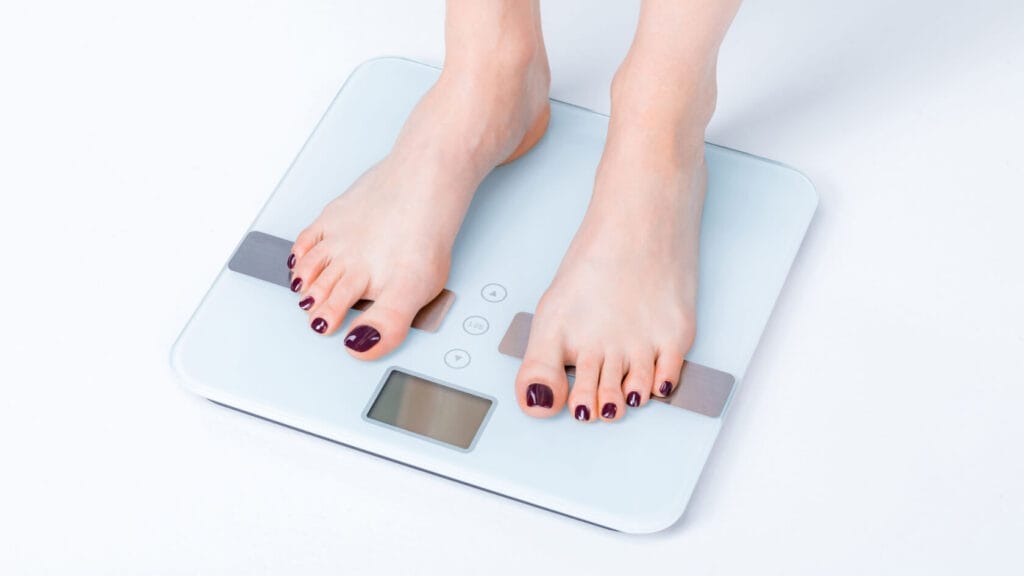
Your gut plays a key role in your overall well-being, from digestion to immunity, mental health, and more. When it’s out of balance, it can send you warning signals. If ignored, these signals might pave the way for future health issues.
Here’s a list of the most common signs that your gut might need attention and steps you can take to restore its health.
1. Frequent Bloating or Gas

- What it means: Occasional bloating is normal, but frequent bloating or excessive gas could indicate an imbalance of gut bacteria (known as dysbiosis) or poor digestion of certain foods.
- Fix it: Eat slowly to avoid swallowing air, reduce carbonated beverages, and include gut-friendly foods like ginger, fennel, and probiotics in your diet.
2. Irregular Bowel Movements

- What it means: Constipation, diarrhea, or fluctuating bowel patterns could signal poor gut health. This might be due to lack of fiber, dehydration, or bacterial imbalances.
- Fix it: Ensure you’re staying hydrated, consuming at least 25–30 grams of fiber daily (from fruits, veggies, whole grains, and legumes), and avoiding processed foods.
3. Fatigue or Lack of Energy

- What it means: A poorly functioning gut can lead to nutrient malabsorption, meaning your body isn’t getting the fuel it needs to stay energized. Additionally, your gut microbiome influences serotonin, which affects sleep and mood.
- Fix it: Add prebiotic foods like bananas, oats, and garlic to nourish good bacteria and focus on balanced meals with lean proteins and healthy fats.
4. Food Intolerances or Sensitivities

- What it means: If certain foods consistently make you feel unwell (e.g., dairy or gluten), it could be a sign your gut lining is compromised (leaky gut syndrome) or your bacteria aren’t breaking down food effectively.
- Fix it: Keep a food diary to identify triggers and try elimination diets under professional guidance to heal your gut lining.
5. Cravings for Sugary or Processed Foods

- What it means: A diet high in sugar and processed foods can promote the growth of harmful bacteria in your gut, creating a vicious cycle where these bacteria demand more unhealthy foods.
- Fix it: Reduce sugar intake and prioritize whole, unprocessed foods. Include fermented foods like yogurt, sauerkraut, and kimchi to balance gut bacteria.
6. Skin Issues Like Acne or Eczema

- What it means: Skin problems can be tied to gut inflammation or an unhealthy microbiome, as the gut-skin axis is closely linked.
- Fix it: Address your gut health by incorporating antioxidant-rich foods like berries and green tea. Avoid potential gut irritants like excessive gluten, sugar, and alcohol.
7. Frequent Illness or Weak Immunity

- What it means: Around 70% of your immune system is housed in your gut. If you’re constantly feeling under the weather, it may be due to a lack of diversity in your gut bacteria.
- Fix it: Consume probiotic-rich foods like kefir, kombucha, or miso, and ensure you’re eating a wide variety of plant-based foods for microbiome diversity.
8. Poor Mental Health or Brain Fog

- What it means: Your gut and brain are closely connected via the gut-brain axis. If you’re experiencing anxiety, depression, or an inability to focus, your gut health might be affecting your mood and cognitive performance.
- Fix it: Include foods rich in omega-3 fatty acids (like salmon and walnuts) and focus on reducing stress. Stress management techniques like yoga and mindfulness can have a positive impact on gut health.
9. Unintentional Weight Fluctuations

- What it means: Rapid weight loss or gain without changes in your diet or exercise routine can be a sign of gut dysfunction. A poorly balanced gut may influence your metabolism or cravings.
- Fix it: Focus on nourishing your body with whole, unprocessed foods and consult a healthcare professional if the changes persist.
10. Bad Breath or Oral Health Issues

- What it means: An imbalance in gut bacteria can sometimes manifest as bad breath or gum issues, as your digestive system begins in your mouth.
- Fix it: Practice good oral hygiene and support your gut with probiotics and a fiber-rich diet.
Quick Steps to Restore Gut Health
If you resonate with any of the above signs, here’s a quick gut health reset plan:
- Load up on prebiotic (e.g., garlic, onions) and probiotic foods (e.g., yogurt, kombucha).
- Avoid processed foods high in sugar and unhealthy fats.
- Eat a diverse diet rich in fruits, veggies, whole grains, and fermented foods.
- Stay hydrated and get regular physical activity.
- Manage stress with mindfulness, deep breathing, or yoga.
Final Thoughts
Your gut health impacts nearly every system in your body, and the symptoms of imbalance can vary widely. By paying attention to the signals your body sends and addressing them with a gut-focused lifestyle, you can improve your overall health, energy, and well-being.
For a deeper dive into transforming your gut health, check out our 10-eBook Bundle that offers step-by-step plans, recipes, and actionable tips to upgrade your digestive health today!

